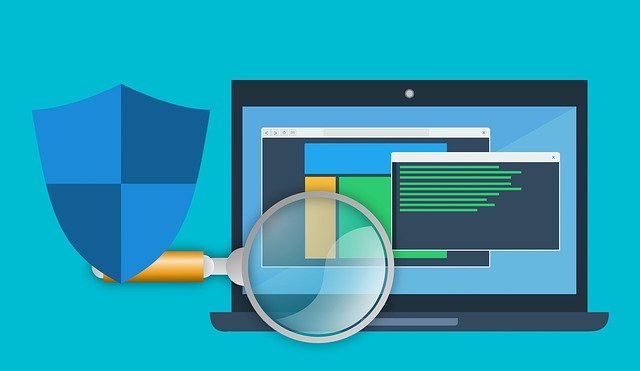Digital Therapies and AI-Driven Diagnostics

Technology pervades nearly every aspect of our lives; it’s no surprise that its impact is also felt in mental health. From digital therapies offering new avenues for treatment to AI-driven diagnostics revolutionizing how we understand and address mental health conditions, the intersection of technology and mental health is rapidly evolving, offering both challenges and opportunities.
Digital Therapies: Transforming Mental Healthcare
Digital therapies, also known as e-mental health or tele-mental health services, leverage technology to provide mental health support and interventions remotely. This approach is particularly beneficial for people who face barriers to accessing traditional in-person therapy, such as geographical distance, stigma, or limited resources.
One prominent example of digital therapies is mobile applications designed to deliver evidence-based interventions for various mental health concerns, including depression, anxiety, stress, etc. These apps often offer features like cognitive-behavioural therapy (CBT) exercises, mindfulness practices, mood tracking, and access to support communities, empowering users to take control of their mental well-being from the palm of their hands.
Moreover, virtual reality (VR) is emerging as a promising tool in mental healthcare, offering immersive environments for exposure therapy, relaxation exercises, and skills training. VR-based interventions have shown efficacy in treating conditions such as phobias, PTSD, and social anxiety disorder, offering a safe and well-controlled environment for people to confront and manage their symptoms.
AI-Driven Diagnostics: Revolutionizing Mental Health Assessment
Artificial Intelligence (AI) is impacting the field of mental health assessment and diagnosis by offering innovative tools for early detection, personalized treatment planning, and outcome prediction. Machine learning algorithms help to analyze large amounts of data, including electronic health records, genetic markers, behavioural patterns, and even speech and text data, to identify patterns and insights that may elude human clinicians.
For instance, AI-driven chatbots and virtual agents are being developed to conduct initial mental health screenings, engage users in therapeutic conversations, and provide psychoeducation and coping strategies. These conversational agents offer a scalable and accessible way to deliver support and gather valuable insights into users’ mental health status and needs.
Furthermore, AI algorithms are being trained to analyze language patterns in written or spoken communication to detect indicators of mental health conditions such as depression, anxiety, and suicidal ideation. By analyzing linguistic cues, sentiment, and contextual factors, these systems can flag individuals who may be at risk and facilitate timely intervention or referral to appropriate resources.
Challenges and Considerations
While integrating technology into mental healthcare holds immense promise, it also presents various challenges and considerations. Privacy and data security concerns top the list, as the sensitive nature of mental health information requires robust safeguards to protect users’ confidentiality and prevent unauthorized access or misuse of data.
Additionally, there is a need for rigorous validation and regulation of digital mental health tools to ensure their safety, efficacy, and adherence to ethical standards. Transparent reporting of outcomes, user feedback, and adherence to evidence-based guidelines are essential for building trust among clinicians, patients, and policymakers.
Furthermore, it’s crucial to recognize that technology-enabled interventions are not a panacea and should complement rather than replace traditional mental health services. Human connection, empathy, and personalized care remain fundamental aspects of effective mental healthcare, and technology should enhance, rather than diminish, the therapeutic relationship between clinicians and patients.
Conclusion
The intersection of technology and mental health represents a frontier of innovation with the potential to transform how we understand, assess, and address mental health conditions. Digital therapies and AI-driven diagnostics offer novel approaches to delivering support, improving access to care, and empowering individuals to manage their mental well-being proactively.
Harnessing the synergies between technology and mental healthcare promises a more inclusive, personalized, and productive approach to promoting mental well-being and resilience in individuals and communities alike.









